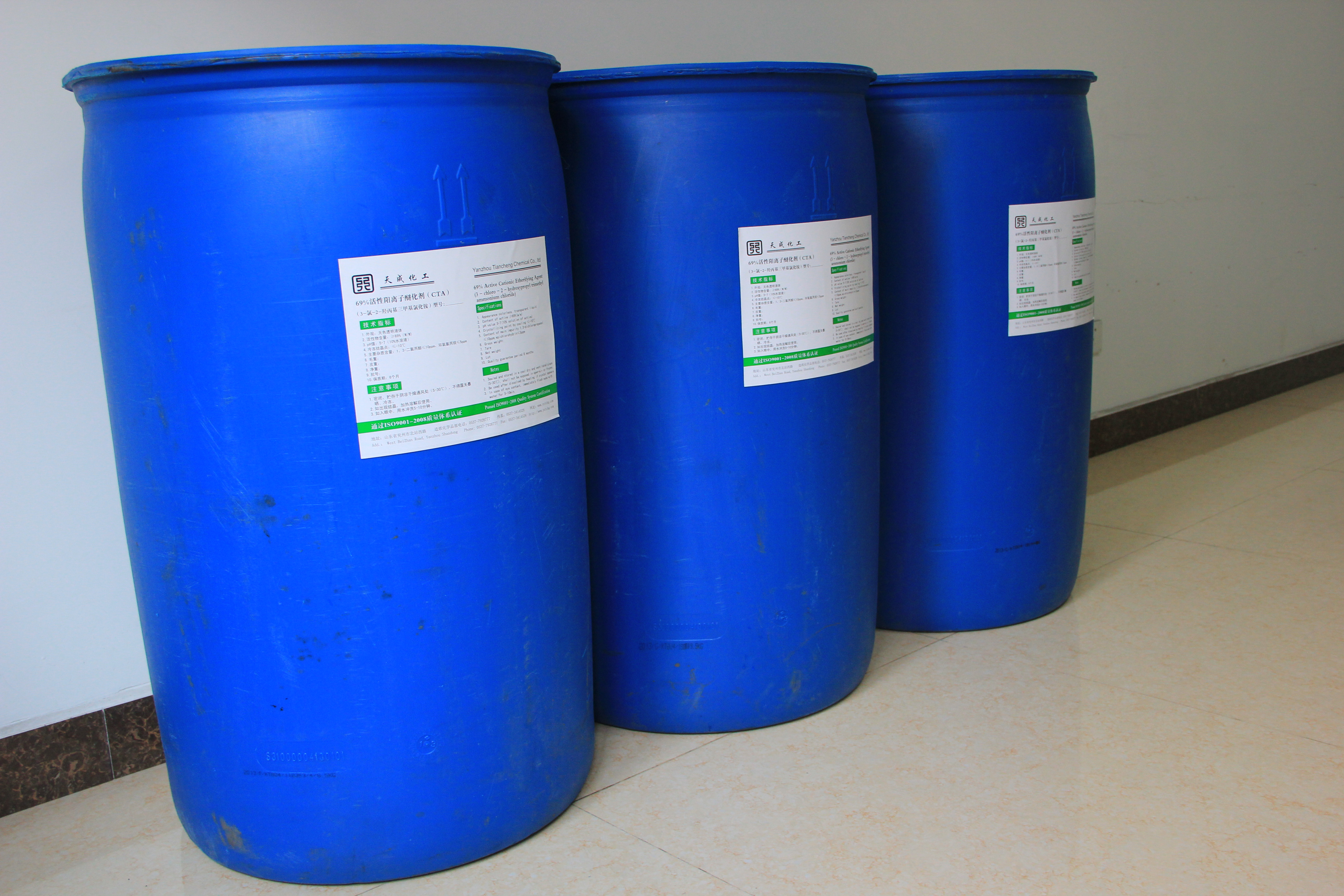Also known as electronic chemical materials. Generally refers to the electronics industry uses specialized chemicals and chemical materials, that is, electronic components, printed circuit boards, industrial and consumer production and packaging of various chemicals and materials. It can be divided into substrates, photoresists, electroplating chemicals, packaging materials, high purity reagents, specialty gases, solvents, pre-cleaning dopants, flux masks, acids and etchants, electronic adhesives and auxiliary materials Other categories. Electronic chemicals with many varieties, high quality requirements, small dosage, demanding on the cleanliness of the environment, product replacement fast, large capital investment, higher value-added products, etc., these characteristics with the development of micro-processing technology more and more obvious.
Electronic chemicals, also referred to as electronic chemical materials, refer to the fine chemical materials that are used in the electronics industry. The electronic chemicals are a kind of special chemicals. As far as the properties of the production process are concerned, they belong to the fine chemical industry. In terms of product use, Belongs to the electronic material industry. According to the classification standard of China's national economy, the electronic chemicals industry belongs to "Specialized Chemical Products Manufacturing Industry" (2662); according to the "Guidelines for Industry Classification of Listed Companies" promulgated by China Securities Regulatory Commission in April 2001, it belongs to "Specialized Chemical Products Manufacturing Industry" C4360 ). They include integrated circuits and discrete device chemistries, such as chip production photoresist, ultra-clean high-purity reagents, ultra-clean high purity gas, plastic packaging materials; color TV with chemical materials, such as color phosphor, CPT Supporting the water-soluble resist, high-purity inorganic salts, organic films, etc .; chemical materials used in printed circuit boards, such as dry film resist, ink, chemical and electroplating copper plating solution and its additives, surface mount process conductive paste , Cleaning agents, liquid solder resist photoresist, adhesive patch, conductive adhesive, solder paste, pre-coated flux, clean and water-based process flux; liquid crystal display devices with chemical materials, such as liquid crystal, photoresist , Oriented films, adhesives, slurries, electrolytes, films and encapsulants, polarizers, etc .; polishing materials, ect.
Surface Active Agent Tc-1000,Surface Active Agent Tc-2000,Surface Active Agent,Electronic Chemicals Shandong Tiancheng Chemical Co., Ltd. , https://www.tianchengchemical.com

During the winter months and throughout the lunar calendar, most regions of the country experience regular snowfall. In addition to helping protect winter crops, snow also offers significant benefits for pig farming. One of the key advantages is its natural ability to disinfect and cool pigs, making it a valuable resource in animal care.
La Xue, or snow water, has long been recognized as a natural remedy for various pig ailments. According to traditional knowledge, snow water contains less "heavy water" than regular water. Heavy water, a substance with radioactive properties, can inhibit biological activities. As noted in Li Shizhen’s *Compendium of Materia Medica*, La Xue is cold in nature and non-toxic, capable of neutralizing poisons and treating diseases. When used to wash pigs suffering from burns or frostbite, it can provide quick relief. For mild cases, washing once every three to four hours can lead to recovery within a few days without the need for medication.
In summer, when pigs suffer from skin conditions like swine pox or scabies, using snow water for scrubbing can help soothe their discomfort. If pigs show signs of eye irritation or redness due to heat, rinsing their eyes with clean snow can effectively clear them.
Snow water also acts as a growth booster for pigs. Its unique physical and chemical properties differ from ordinary water. As snow melts, gases are released, increasing its density and making it more similar to the water found in biological cells. This enhances its biological activity, stimulating enzymes and promoting metabolism. Additionally, snow water contains higher levels of nitrates—approximately 7.5 grams per liter, which is five times more than rainwater and significantly more than regular tap water. Using snow water instead of normal water can increase pig weight gain by about 5%. This makes snow not just a natural resource but a "sweet medicine" from nature.
When it snows during the twelfth lunar month, farmers are advised to collect fresh snow carefully, avoiding surface snow that may be contaminated. This collected snow can later be used to treat and hydrate pigs. However, with growing environmental pollution, it's important to ensure that the snow used is clean and free from contaminants.
Snow also plays an important role in maintaining a healthy farm environment. As snowflakes fall, they collect dust and impurities from the air, acting like natural filters. This process helps purify the atmosphere, reducing airborne pathogens and improving overall air quality on the farm.
Additionally, snow serves as a natural noise reducer. After a snowfall, the soft, porous surface of the snow absorbs sound waves, reducing noise levels. This helps create a calmer environment for pigs, which is crucial for their well-being and productivity.
In summary, snow is far more than just a seasonal phenomenon—it is a valuable tool for pig farming, offering health benefits, growth support, and environmental advantages. Farmers who take advantage of this natural resource can enhance both the quality of their livestock and the sustainability of their operations.